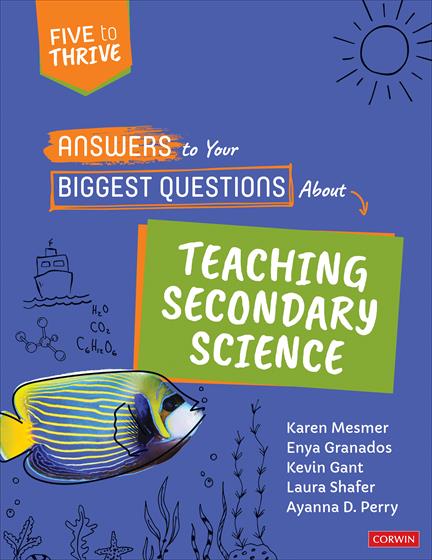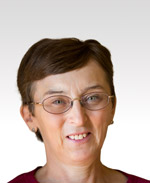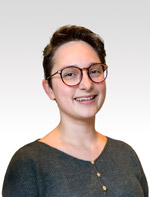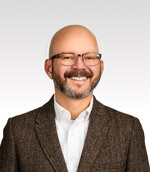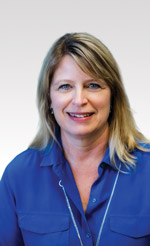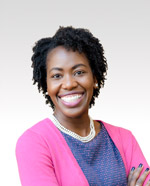Description
Your guide to grow and flourish as a science teacher!
The past two decades have seen a paradigm shift in science education, thanks in large part to the Next Generation Science Standards (NGSS), which advocate a move away from procedural lab investigations and direct instruction and toward increased emphasis on reasoning, sensemaking, phenomena exploration, problem solving, and collaboration. Under this new paradigm, students are learning real science as scientists practice it, so that more and more students are actively investigating questions and pursuing solutions of their own making. As part of the Five to Thrive series for early-career educators, this comprehensive guide provides those who are new to teaching science, as well as seasoned teachers looking to enhance their practice, the fundamentals to develop best teaching practices that reflect their students’ experiences and requirements.
Written by experienced science educators, Answers to Your Biggest Questions About Teaching Secondary Science provides practical guidance on successful strategies and techniques for teaching science in a way that gives every student the opportunity to learn, grow, and achieve at high levels, while providing opportunities to develop their agency and authority in the classroom, ultimately resulting in a positive science identity.
The book is organized around five overarching questions and answers that will help you most thrive in your secondary science classroom:
- How do I build a positive science community?
- How do I structure, organize, and manage my science class?
- How do I engage my students in science?
- How do I help my students talk about science?
- How do I know what my students know and how can I use that information to plan and move them forward?
The book concludes with a sixth question—Where do I go from here?—that provides guidance for growing your practice over time, including discussions on self-care, advocating for students, and an extensive discussion on growing your professional network.
Woven throughout, you'll find helpful sidebar notes on fostering identity and agency; access and equity; teaching in different settings; and invaluable resources for deeper learning.Strive to become the best science educator you can be; your students are counting on it!

